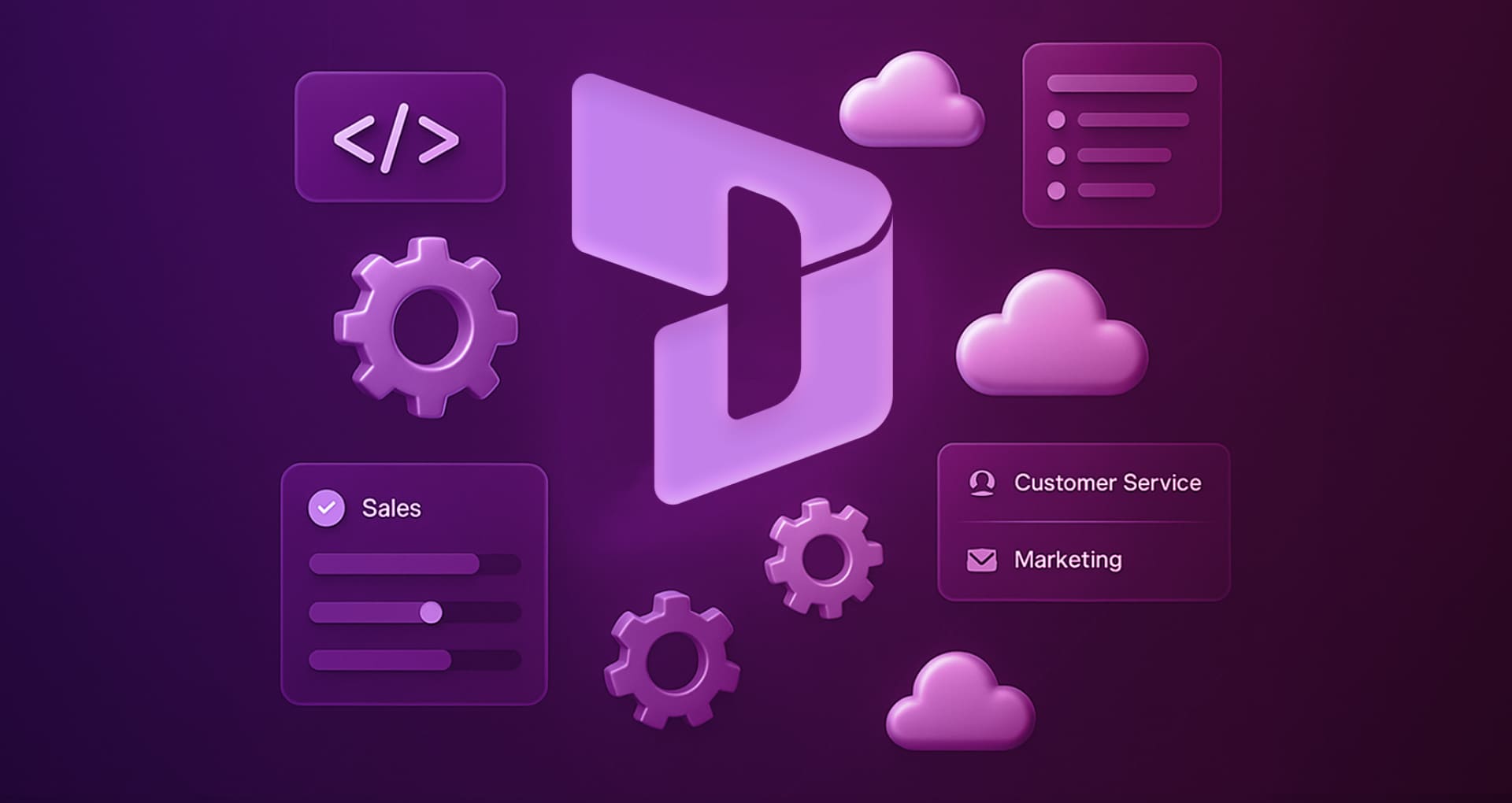A well implemented customer relationship management (CRM) project can do wonders for your business efficiency and productivity. It can ease customer management, enhance your customer service, facilitate cross-departmental efficiency and improve data collection and organization.
The underlying promise of a new CRM attracts several businesses each year to implement the software for their business. However, a significant percentage of CRM projects fail or don’t deliver to the expectations or value assigned to them; especially new CRM projects, that face several stumbling blocks and pitfalls as they undertake this journey.

Why Do CRM Projects Fail?
However, most of these mistakes can be avoided if you plan well. We list some of the common mistakes and pitfalls of CRM implementation that can disrupt your CRM and measures to prevent them:
- Missing The Big Picture: Businesses typically have a treasure customer data maintained in various information silos across the company – from accounts, manufacturing, pre-sales, sales, customer-support and logistics. Before implementing the CRM, companies need to look at the overall picture of the customer lifecycle, define the most important areas and create the desired workflow to make it actionable. Companies that fail to map out the information flows required by the business will fail to see the bottlenecks and create a spotty and ineffective CRM flow. To leverage its full potential, design the information flow required to run the most common and critical processes and ensure full transparency of all customer-related information.
- Lack Of User Involvement: The objective of CRM implementation is to enhance your organization’s efficiency by improving all things – customer-oriented and in doing so, it helps you enhance user and business intelligence. One crucial factor in CRM implementation is the involvement of the users. The assumption is misleading that having a great software and integrating the processes will ensure smooth sailing. The best way to ensure user involvement is to recruit users’ champions in each team. These champions are people with thorough understanding of departmental processes and be able to convey the pain points of all the users they represent. These champions are the conduit between end users and senior management providing clarity and visibility of the big picture. It also helps to set up a feedback system to understand all user queries and concerns to avoid CRM implementation failure.
- Poor Integration: Integrated CRM can provide a single hub for activating business processes using multiple channels and devices. For instance, if you have integrated an enterprise social tool in your processes, users can follow projects and tasks and receive notifications when these are modified. This type of integration requires much more than simply data integration. It needs process integration using business logic and turning your existing ad-hoc rules and informal processes into automated, synchronized ones. Many advanced CRM software offer superior migration and integration capabilities. If integration is one of your chief concerns, then you can consider Dynamics CRM development to get the most out of your solution.
- Overlooking Mobility: Sometimes mobile is an afterthought when it comes to CRM implementation. This impacts a large number of employees that will want to use the CRM on-the-go, from their devices. Leveraging the power of mobile CRM, you can provide relevant data and processes to the right people – at the right time and place. Although most CRM providers offer mobile apps, the offering is quite basic and not customized for all users. Customers, employees and partners can all benefit immensely from integrated mobile apps but one size doesn’t fit everyone’s requirements and so it is often best to start with vendor-provided app and complement it with custom process-specific apps for various stakeholders.
- Failure To Define And Measure KPIs: Several organizations start with ill-defined KPIs do not track them sufficiently. To evaluate the effectiveness of your CRM and its return on investment, you need measurable goals and targets. Set out your objectives in the CRM project and identify the KPIs to measure your success. Ideally, you should look at several KPIs across multiple areas of concern. Having a timeline and assessing your progress periodically helps you stay on track and allows you to regroup and take steps when things are not moving in the right direction.
When implemented right, CRM can take customer experience and satisfaction to the next level. It can offer a number of advantages including actionable insights and greater automation for routine activities, as well as identifying, understanding and helping your end-customers. Rishabh Software’s tailor-made CRM solutions can help you avoid these common pitfalls and ensure successful CRM implementation.







